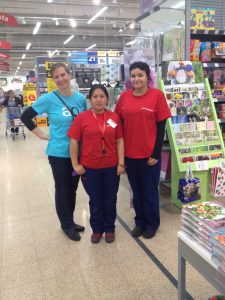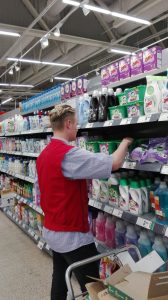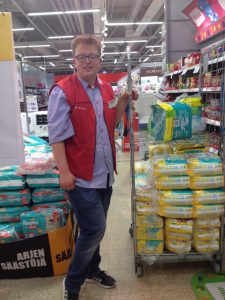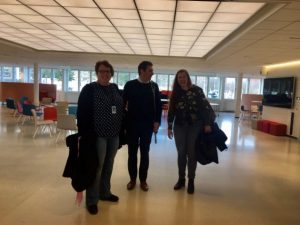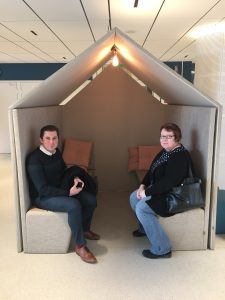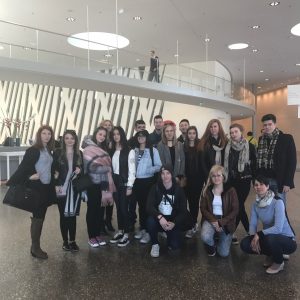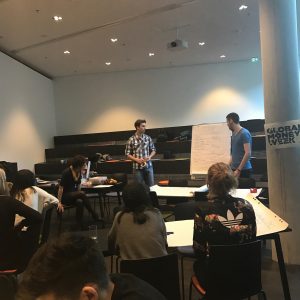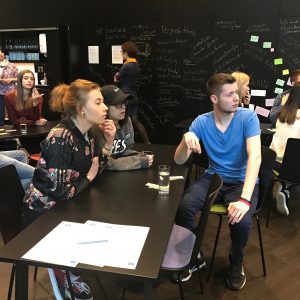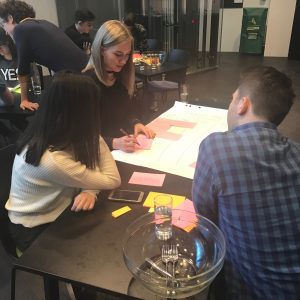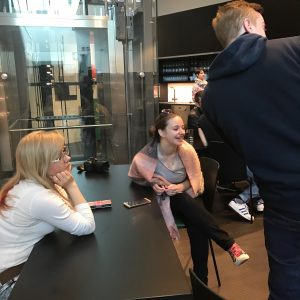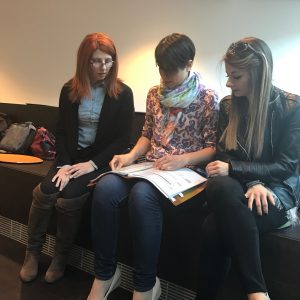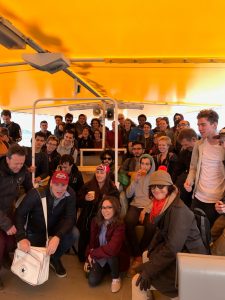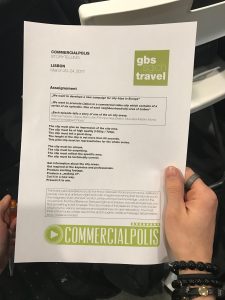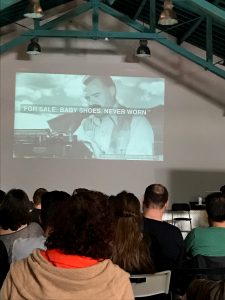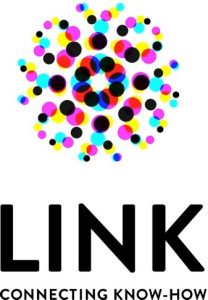This spring has been very international in the business department of Jyväskylä College. Since March we have hosted twelve students from Slovenia, Netherlands and Spain for three to ten weeks. Their programme has consisted of studies at the college and work placements in various retail shops around Jyväskylä.
Teacher Jaana Eirtovaara with Gladys and Sara at K Citymarket Seppälä.
Gladys, Sara, Claudia and Laura came from Malaga, Spain already in the end of March and will be staying until 5 June. They have already been with us for a month and a half and Sara has learned a little bit of Finnish: “I’ve learned a few words in Finnish like moi, kiitos, terveydeksi, hyvää päivänjatkoa, no nii, some fruits and some numbers.”
When we asked them what have been the best moments during their stay so far Claudia said she enjoyed especially the tour of the town and the frozen lakes. She also likes the fact that Jyväskylä seems to be (and is) a very safe place. For Sara working at K-Citymarket has been the best part of the stay. She says that people who work there try to make you feel as comfortable as possible which is wonderful to hear.
Niels (right), Len (left) and Aniek are business students from ROC Friese Poort in the Netherlands. They are staying in Finland for a total of five weeks and have been doing their placement in Palokka either at KCM or KappAhl.
Len recommends packing a good pair of shoes suitable for walking. Aniek very kindly call our hills mountains 🙂 which is understandable considering how flat the Netherlands is compared to Finland but it’s true, in Jyväskylä you need to go up and down hills when getting from point A to point B! This can be especially challenging in the beginning when riding a bike but also a good way to get some excercise in while commuting from accommodation to the college or work.
Larisa, Dani, Mojca, Aljaz and Tina were the last group to arrive from Nova Gorica, Slovenia. They have been on placement in Minimani and Prisma Seppälä. For Mojca placement in Minimani has been the best part. “I really enjoy working since it’s my first time working and I’m glad I had a chance to work in such an amazing place for the first time.”
We asked everyone our standard question: give three tops and tips (based on your own experience) to someone who is planning to come to Jyväskylä. How should they prepare? What should they do/see/visit/experience and this is what they had to say:
- Learn some Finnish before coming, like ‘en puhu suomea’ just in case. (You can do it free online here http://www.uuno.tamk.fi/ or here http://www.oneness.vu.lt/fi/)
- The people here are very nice and friendly, if you need anything they will always help you. The only disadvantage is that not all people speak English that good, but you can still talk about basic topics.
- Visit Kuokkala bridge around 11 p.m. because at that time the lights turn on and it is just beautiful.
- You should also see the ski jumping hill Matti Nykäsen Mäki, go on top of it and enjoy the view over Jyväskylä.
Regarding weather the opinions are mixed. Some recommend bringing a lot of warm clothes (it has been the coldest spring in over 50 years) and others recommend to prepare yourself to feel warmer than you expected – it isn’t as cold as they say.
It’s been lovely to have you all in Jyväskylä and hope you have a safe trip back home when your stay with us is over!
More information Jaana Eirtovaara (at)jao.fi
